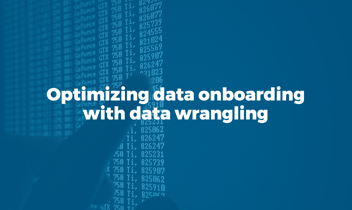On October 16, Bismart attended the Data Management Summit held at the Universidad Politécnica de Madrid. Here are some key insights.
On October 16, Bismart attended the Data Management Summit held at the Universidad Politécnica de Madrid. The conference offered its guests the opportunity to learn about the latest innovation in data management from both a professional and academic point of view. In the event, Bismart was present as an attendee and as a speaker in the round table on data governance and was surrounded by companies such as Naturgy, Endesa, Google or PwC.

During the event it became clear, once again, that companies benefit from digital density:
ENDESA defined relationship and management strategies with its B2B customers based on data analysis. It is a very powerful analysis, simple and intuitive in terms of business and very complex in terms of data.
Jacob Holm & Sons explained his implementation of a Master Data Management strategy and shared its four main success factors with all attendees.
Naturgy presented the five pillars on which its data-driven strategy is based (ownership, protection, roles, life cycle and exploitation), which are accompanied by a corporate policy and a management platform.
Finally, Reale explained one of his use cases in which, through the study of abandonment propensity models, they have managed to reduce customer leaks by 18 million euros and how this factor has led to a rethinking of the model to adapt it to the new reality.
Subsequently, a group dynamic was carried out in which the participants were able to discuss the vision of data governance and the processes associated with its implementation.
The day ended with a round table in which 12 participants, clients and professionals from the sector, including Bismart, related their experiences around data management projects and their vision of the degree of maturity of the Spanish market in relation to this issue. From the questions raised by a show of hands in the round table, it was concluded that although the management of the companies is already thinking about data governance, there is still not much budget dedicated to this aspect and the necessary organisational culture to execute the projects successfully has not been generally implemented.
